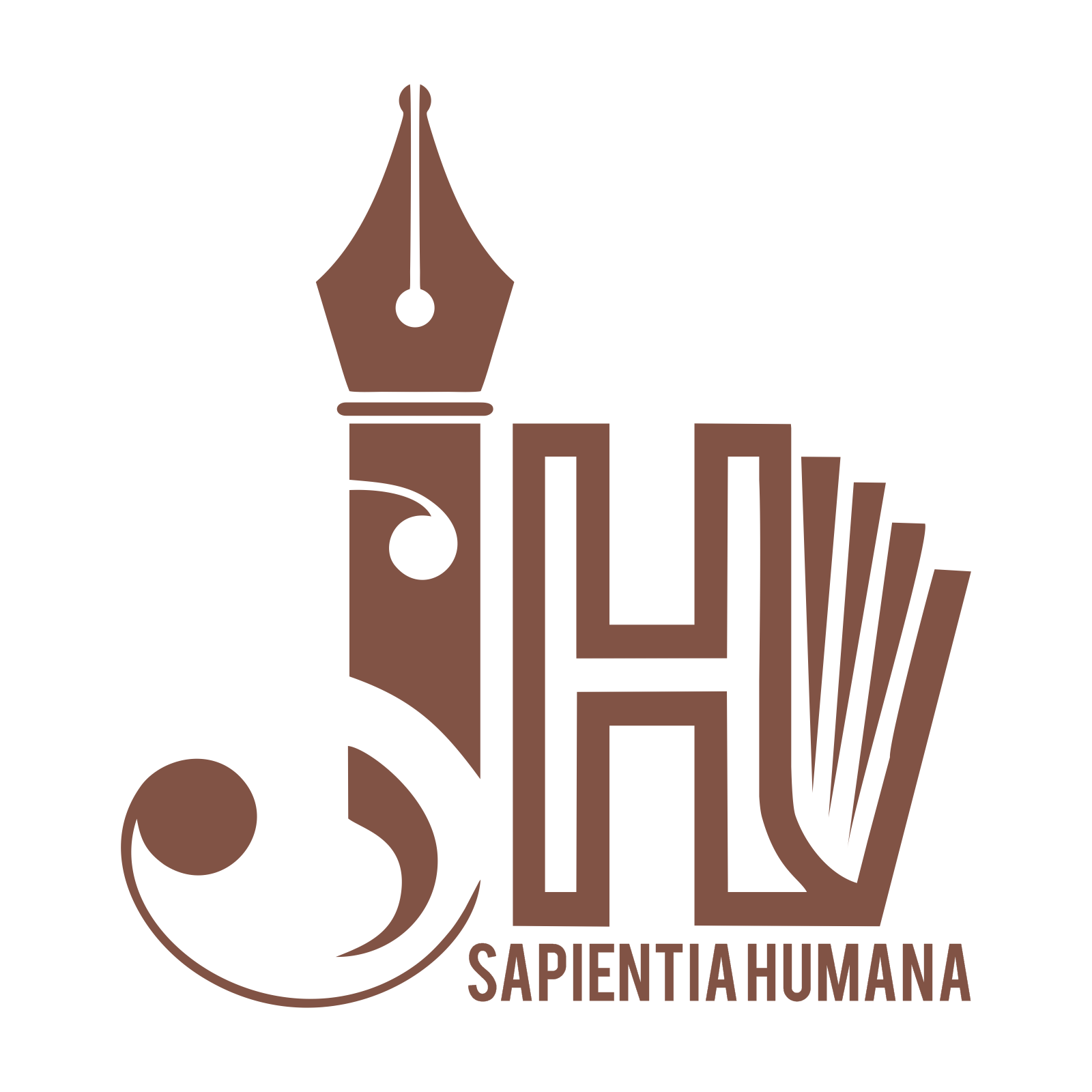Kerancuan Berpikir: Propaganda Publik Media Pro-Ukraina Dalam Situasi Perang Rusia-Ukraina 2022
DOI:
https://doi.org/10.26593/jsh.v2i02.6160Keywords:
agenda-setting theory, propaganda, disinformation, public narrative, social mediaAbstract
After the Russian invasion of Ukraine began in February 2022, the intertwined conflict between these two countries has provoked a ripple effect on public discourses across social media. In reality, the dynamics of the public narrative on the internet have provided a chance for political actors to create disinformation. Although Ukraine is the victim of the aggression, Ukrainian media' and politicians' response by constructing public propaganda and distorting the reality sparks various controversies for all social media users and other observers. A qualitative approach was used in this study with a review literature design. This study attempts to identify the main reasons behind the tendency toward Ukraine propaganda by justifying their action to disseminate misleading information and defy the truth in covering this case of an unjust war. Here it shows the fulfilled indicators of logical fallacies which have led the users to illogical sentiment entrenched in their interactions within the media plata form. The contribution of this study is an affirmation of the importance of critical thinking in the science of reason related to media literacy.
References
Ahva, L. dan Steensen, S. 2020. Journalism Theory. Dalam Wahl-Jorgensen, K. dan Hanitzsch, T. eds.The handbook of journalism studies 2nd edition. Routledge, 2020.
BBC. 2022. Snake Island: Ukraine says troops who swore at Russian warship are alive. https://www.bbc.com/news/world-europe-60554959.
Bennet, Bo. 2020. Logically fallacious: he ultimate collection of over 300 logical fallacies (Academic Edition). Massachusetts: Archieboy Holdings.
Communication Theory. Agenda Setting Theory. https://www.communicationtheory.org/agenda-setting-theory/. Diakses pada 23 Juni 2022.
Dearing, J.W., Rogers, E.M. dan Rogers, E., 1996. Agenda-setting (Vol. 6). Sage.
Goncharova, Olena. 2022. 13 border guards were killed defending Ukraine’s Zmiinyi Island (Snake Island) in the Black Sea. The Kyiv Independent. https://kyivindependent.com/1/13-border-guards-were-killed-defending-ukraines-zmiinyi-island-snake-island-in-the-black-sea.
Hurley, P.J., 2014. A concise introduction to logic. Cengage Learning.
Kyiv Independent. 2022. These are the indicative estimates of Russia’s combat losses as of June 18, according to the Armed Forces of Ukraine. https://twitter.com/KyivIndependent/status/1538060838879240195.
Lamothe, D. dan Sonne, P. 2022. On Ukraine’s Snake Island, a defiant last stand against Russian forces. The Washington Post. https://www.washingtonpost.com/national-security/2022/02/25/snake-island-russian-warship-ukraine/.
Lasswell, H. D. 1927. Propaganda technique in the world war. New York: Knopf.
Nsubuga, Jimmy. 2022. Women and girls as young as 14 report being raped by Russian soldiers. Yahoo News. https://news.yahoo.com/russia-ukraine-war-rape-bucha-war-crimes-172831878.html.
O'Gorman, H. 1973. Pluralistic ignorance and white estimates of white support for racial segregation. Public Opinion Quarterly, 39(3), 313-330.
Oryx. 2022. Attack On Europe: Documenting Russian Equipment Losses During The 2022 Russian Invasion Of Ukraine. https://www.oryxspioenkop.com/2022/02/attack-on-europe-documenting-equipment.html. Diakses pada 22 Juni 2022.
Rogers, E. M., & Dearing, J. W. (1988). Agenda-setting research: Where has it been? Where is it going? Dalam I. A. Anderson (ed.), Communication yearbook 11 (pp. 555-594). Newbury Park, CA: Sage.











